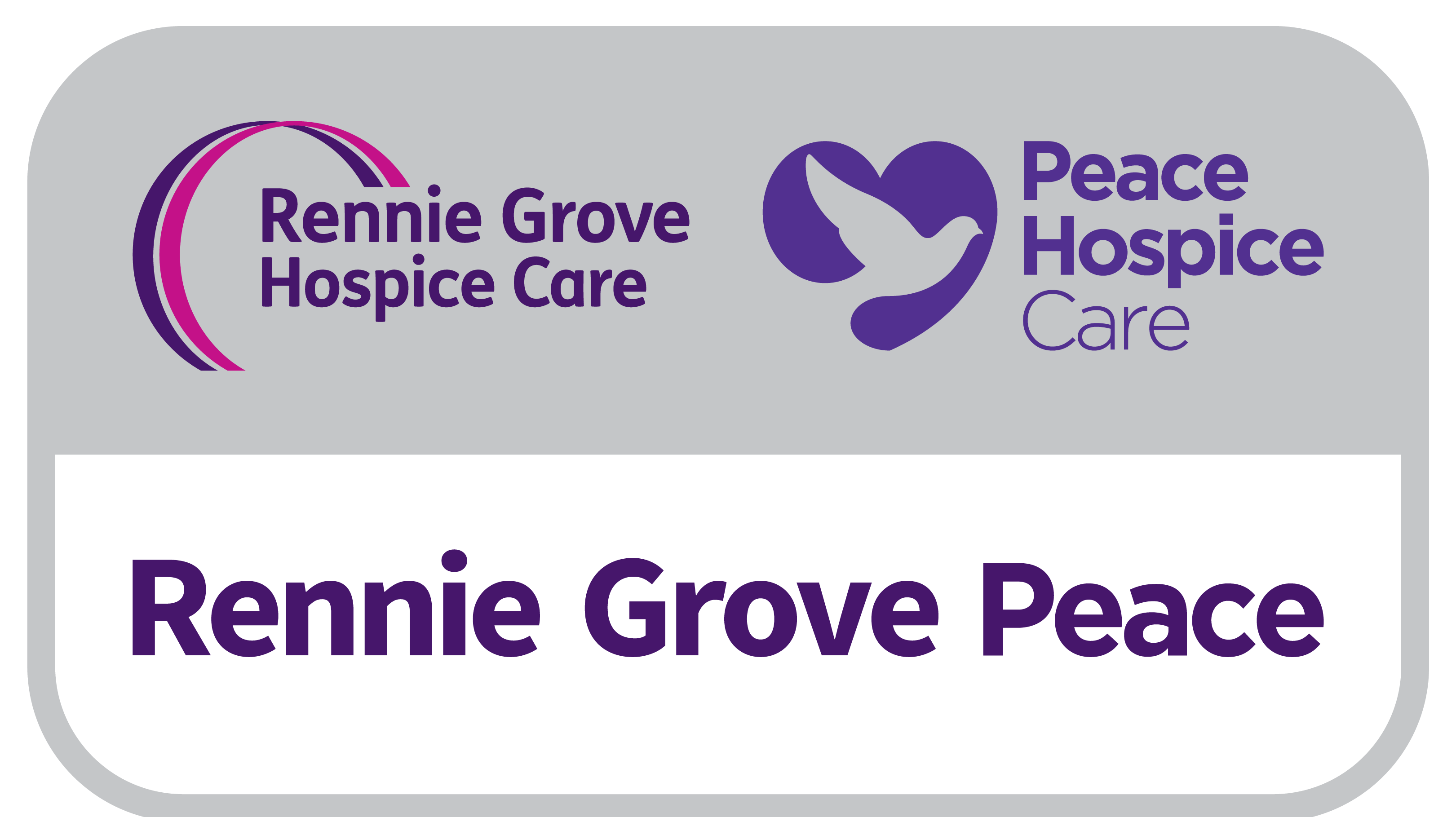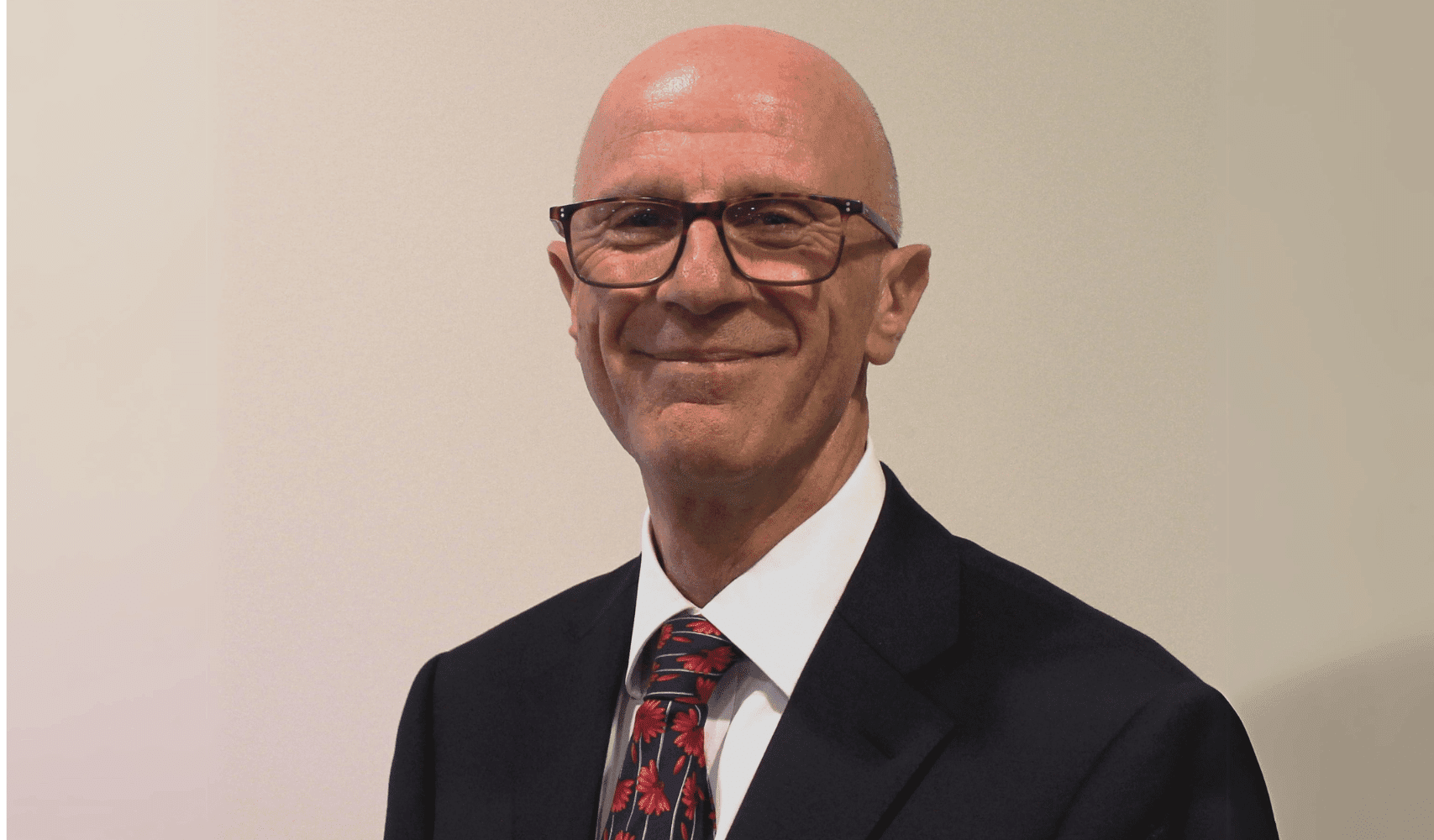“I was one of three GPs who helped look after the patients out-of-hours in the new Inpatient Unit.” – Jeremy Shindler
“My first experience of hospice care was caring for people dying from AIDS in Croydon in the early 90s. I was a GP at the time when there was still considerable stigma about AIDS. I remember when I worked in Croydon, we were early-adopters of using syringe drivers in the community as they had only been used in hospitals up until then. This was a game-changer as it meant a patient could have a steady and constant flow of symptom relief medication in their own home.
“We also introduced ‘Just in Case’ boxes for people’s homes in the early 90s, which were locked boxes of medication, so they had enough medication supplies to always manage eventualities. This enabled people to stay at home with really difficult-to-manage symptoms which previously was not possible. It also reassured family members.
“In 2000, I moved to Watford and joined a local general practice. My move coincided with the opening of the Peace Hospice Inpatient Unit (IPU) and I became one of three GPs who helped look after the patients out-of-hours since I had a special interest in palliative care.
“I could never understand why the healthcare system supports you when you are born, but not in the same way when you die.”
“I had always had an interest in complex symptoms and complex medical problems and a strong belief in keeping people as close to home as possible because people are most comfortable in their own environment.
“It was fantastic to see the availability of inpatient care for people with particularly complex symptom control needs that couldn’t necessarily be managed at home.
“In 2016, I became a volunteer clinical adviser at Peace Hospice and in 2018 it seemed a natural progression for me to become a Trustee. By that point I had worked with the organisation in some way for 17 years.
“In my opinion, one of the biggest challenges facing hospice care is the changing nature of community”
“On the one hand we have an ageing population with complex conditions which puts the hospice sector and the whole health system under immense pressure, on the other we also have much younger people needing palliative care from a variety of conditions. Furthermore, the decline of the nuclear family, with 8.4 million people living alone in the UK (30% of all households) raises questions about the role of communities and how funding is best arranged for supporting people to live well at the end of their lives.
“The ethos behind all our teams remains the same, that every moment matters.”
“When Peace Hospice Care was founded back in 1993, it was based on the belief that everyone deserved the right care at the end of their life, and the whole Watford community got behind us. We owe a lot to our dedicated and forward-thinking founders who were at the forefront of the hospice movement. Now we support over 4,500 people across Bucks and Herts and the ethos behind all our teams remains the same, that every moment matters.”

